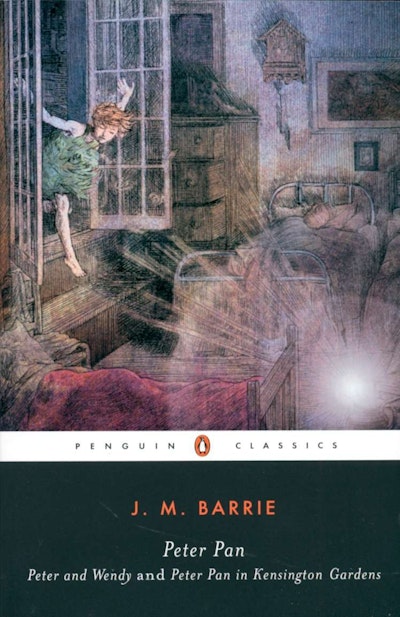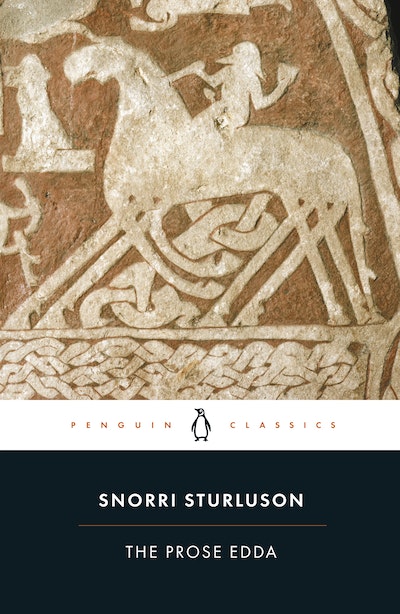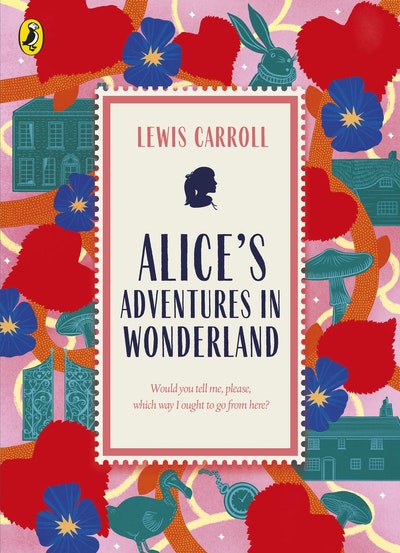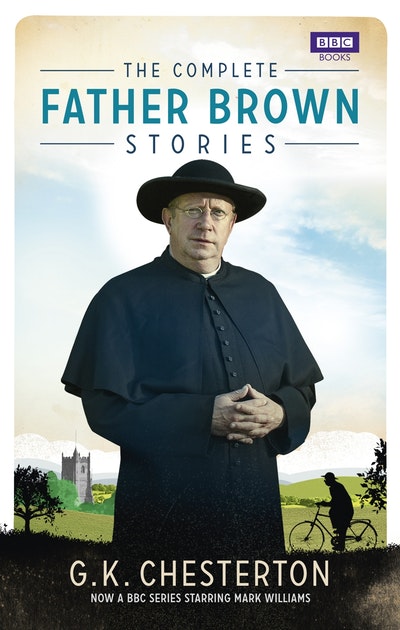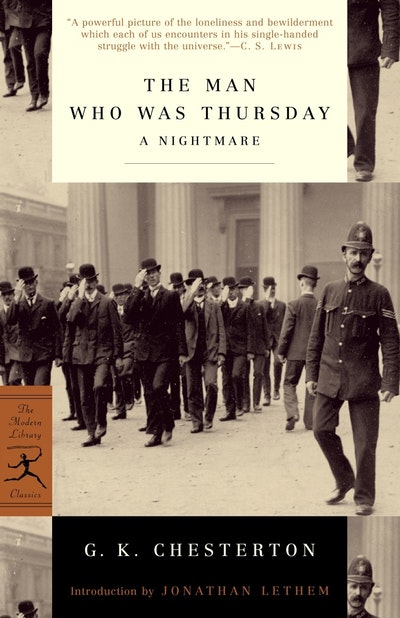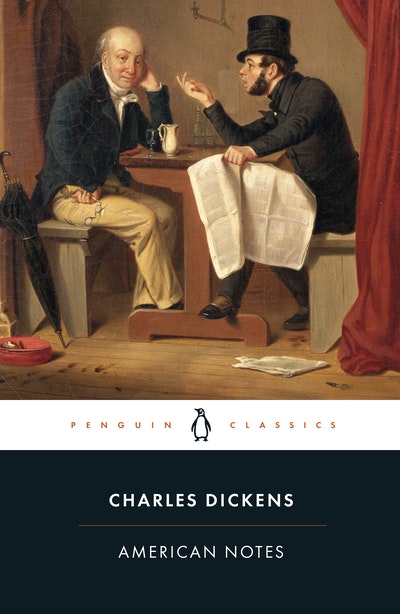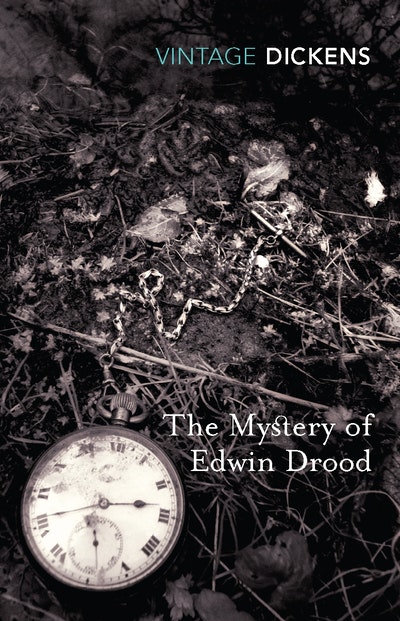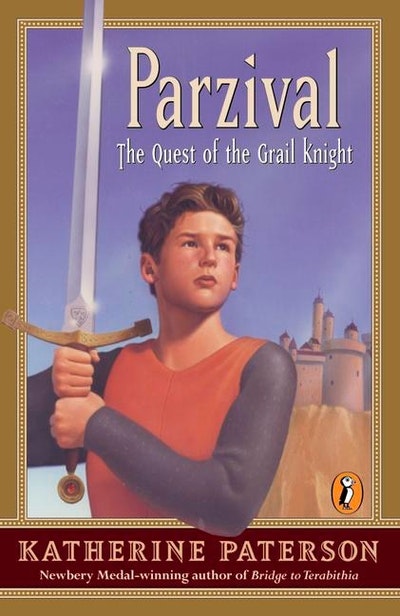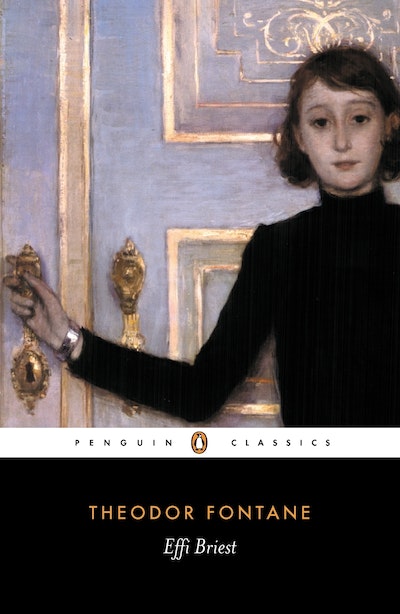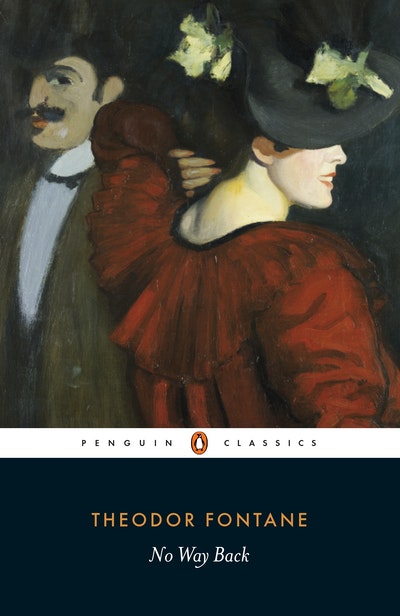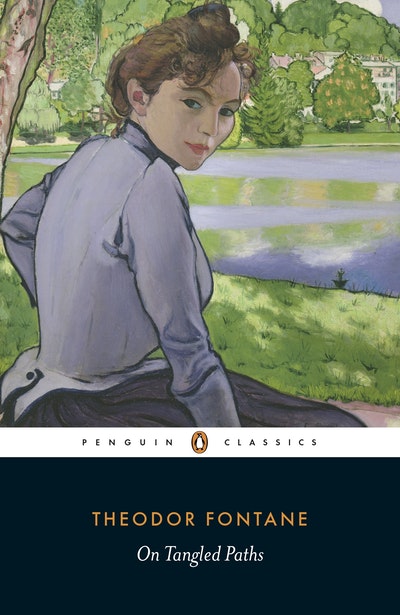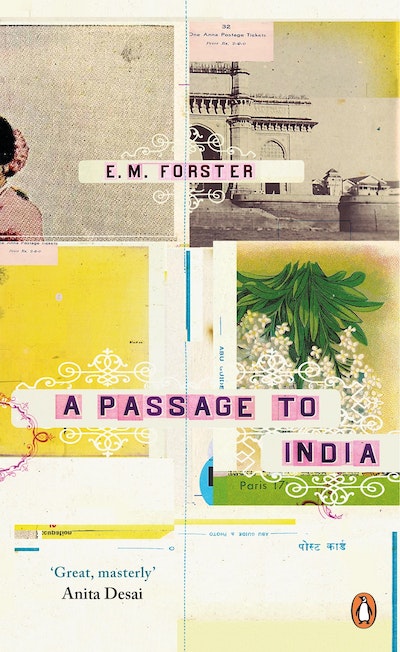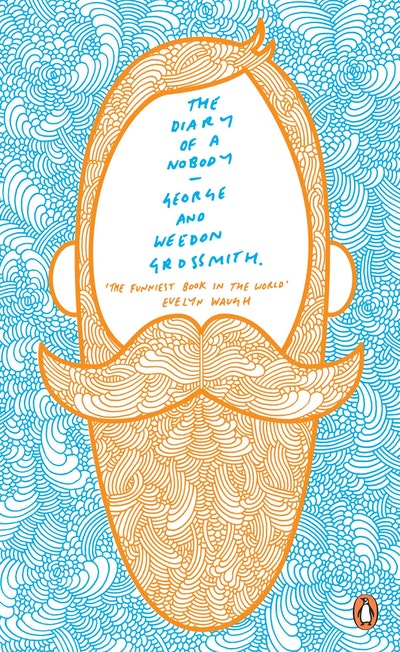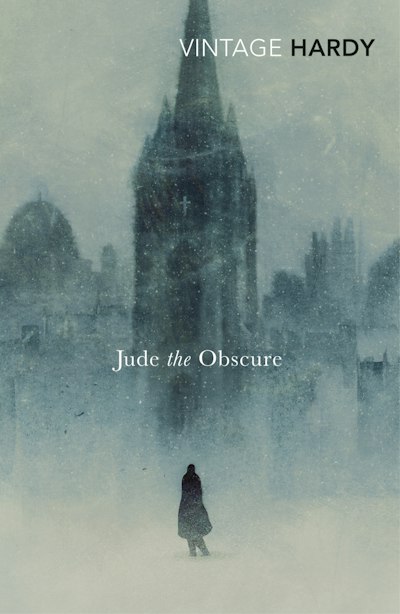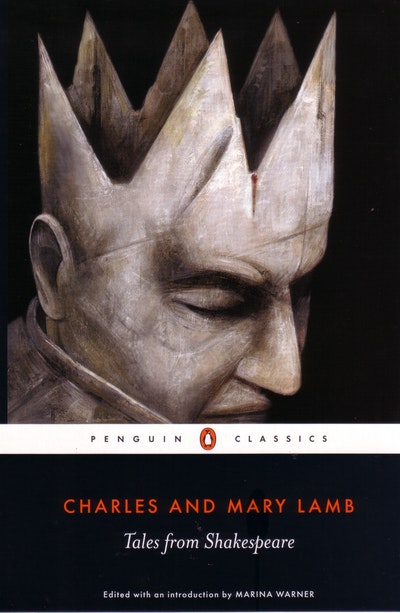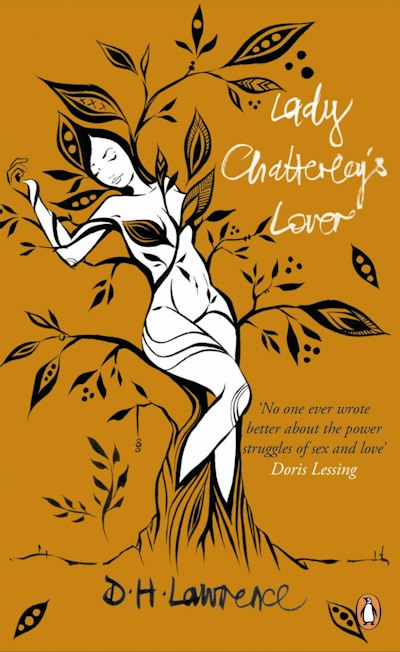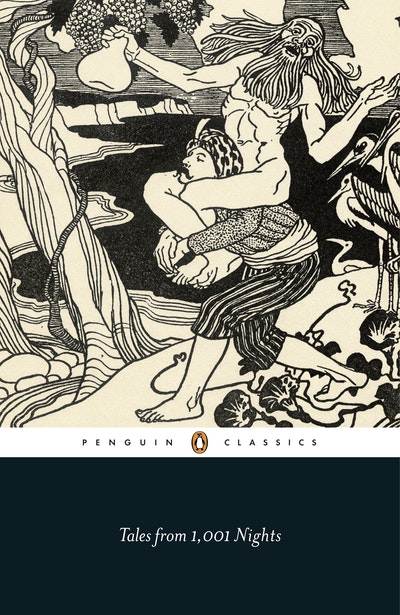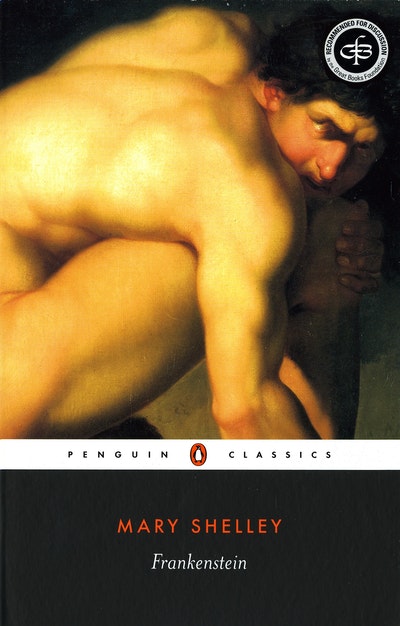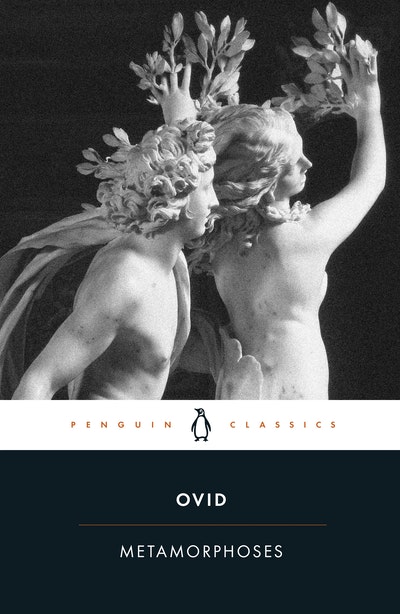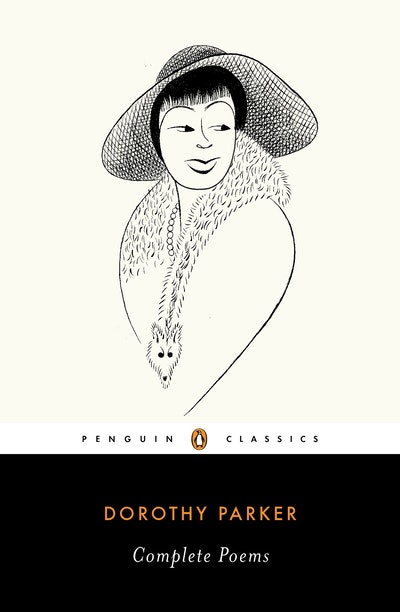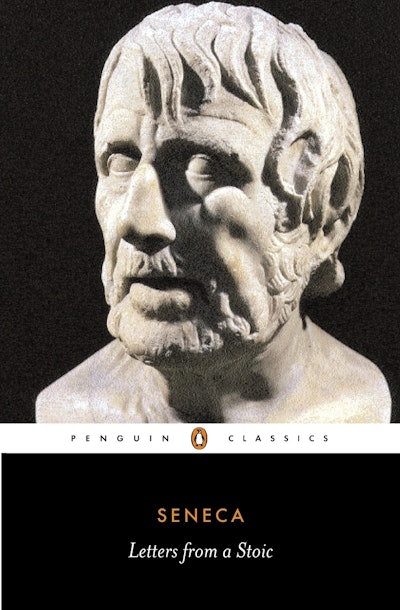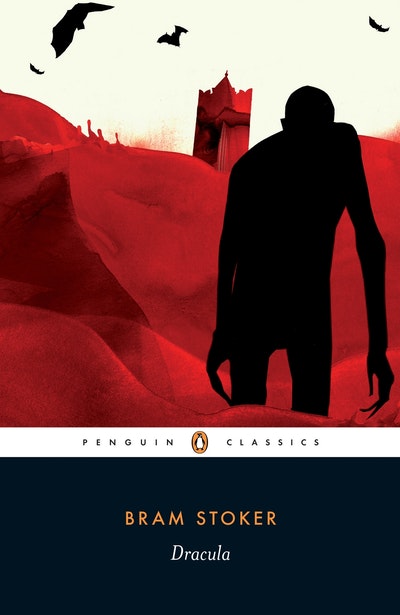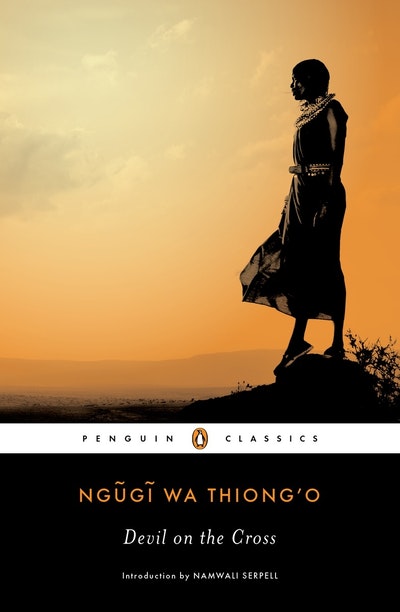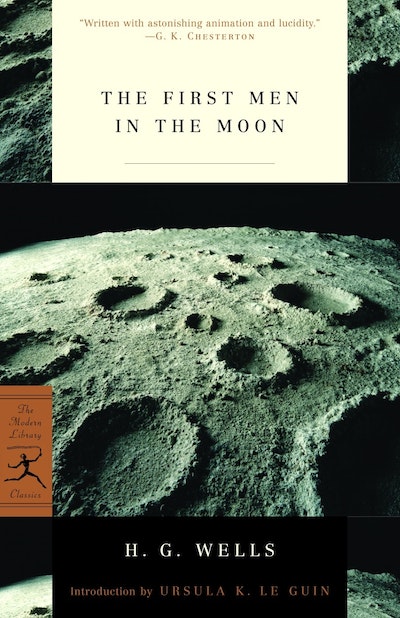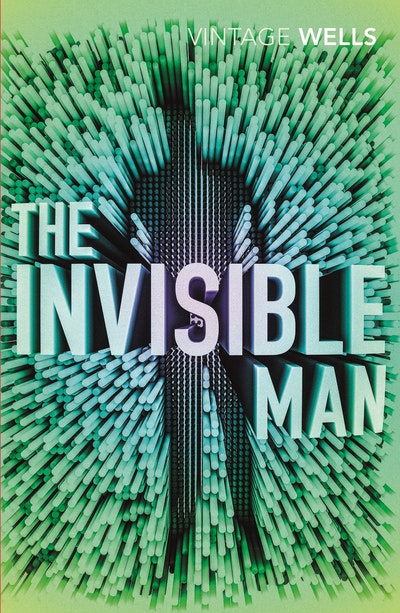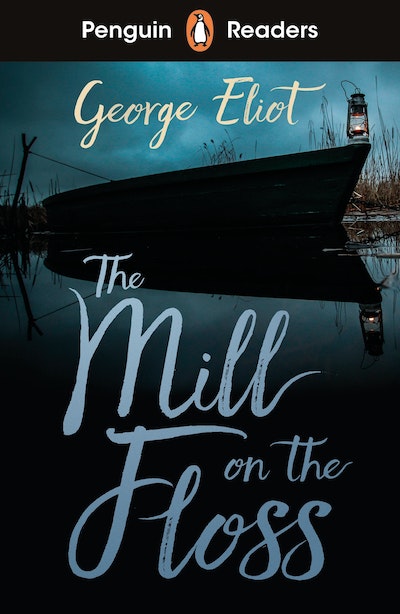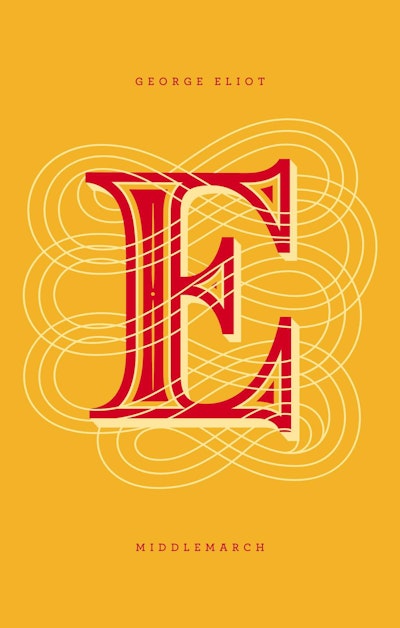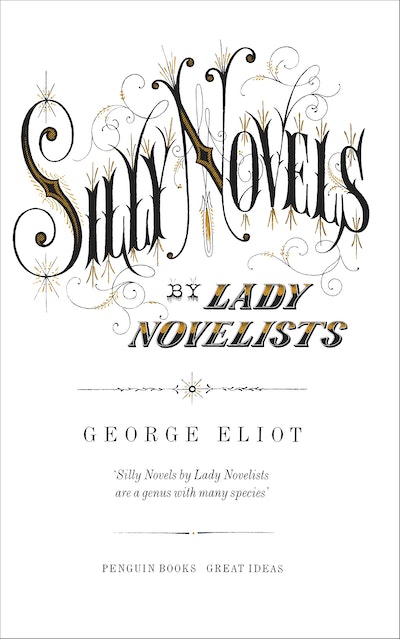- Published: 1 April 2010
- ISBN: 9780099519058
- Imprint: Vintage Classics
- Format: Paperback
- Pages: 224
- RRP: $26.99
Silas Marner
A heartwarming and poignant tale of a lonely man brought back to life and faith
A heartwarming and poignant tale of a lonely man brought back to life and faith.
Silas Marner lives a friendless and isolated existence near the country village of Raveloe, hoarding his gold. One night his fortune is stolen and Silas loses everything he holds dear. But then the golden-haired child Eppie appears in his home, and Silas begins to reform bonds of faith and human connectedness that he once renounced forever.
'A great novel of unquenchable optimism and boundless humanity' Guardian
- Published: 1 April 2010
- ISBN: 9780099519058
- Imprint: Vintage Classics
- Format: Paperback
- Pages: 224
- RRP: $26.99
Other books in the series
About the author
Mary Ann (Marian) Evans was born in 1819 in Warwickshire. She attended schools in Nuneaton and Coventry, coming under the influence of evangelical teachers and clergymen. In 1836 her mother died and Marian became her father's housekeeper, educating herself in her spare time. In 1841 she moved to Coventry, and met Charles and Caroline Bray, local progressive intellectuals. Through them she was commissioned to translate Strauss's Life of Jesus and met the radical publisher John Chapman, who, when he purchased the Westminster Review in 1851, made her his managing editor.
Having lost her Christian faith and thereby alienated her family, she moved to London and met Herbert Spencer (whom she nearly married, only he found her too 'morbidly intellectual') and the versatile man-of-letters George Henry Lewes. Lewes was separated from his wife, but with no possibility of divorce. In 1854 he and Marian decided to live together, and did so until Lewes's death in 1878. It was he who encouraged her to turn from philosophy and journalism to fiction, and during those years, under the name of George Eliot, she wrote Scenes of Clerical Life, Adam Bede, The Mill on the Floss, Silas Marner, Romola, Felix Holt, Middlemarch and Daniel Deronda, as well as numerous essays, articles and reviews.
George Eliot died in 1880, only a few months after marrying J. W. Cross, an old friend and admirer, who became her first biographer. She was buried beside Lewes at Highgate. George Eliot combined a formidable intelligence with imaginative sympathy and acute powers of observation, and became one of the greatest and most influential of English novelists. Her choice of material widened the horizons of the novel and her psychological insights radically influenced the novelist's approach to characterization. Middlemarch, considered by most to be her masterpiece, was said by Virginia Woolf to be 'one of the few English novels written for grown-up people'.
Praise for Silas Marner
Eliot's finest pastoral tale... notable for the sharpness of its rural detail, its tactful symbolism and its variation between high melodrama and broad comedy
Guardian
A great novel of unquenchable optimism and boundless humanity
Guardian
It is a book that lifts your heart, makes you feel spiritually enriched and persuades you of the potential goodness of human nature
Daily Mail







































































